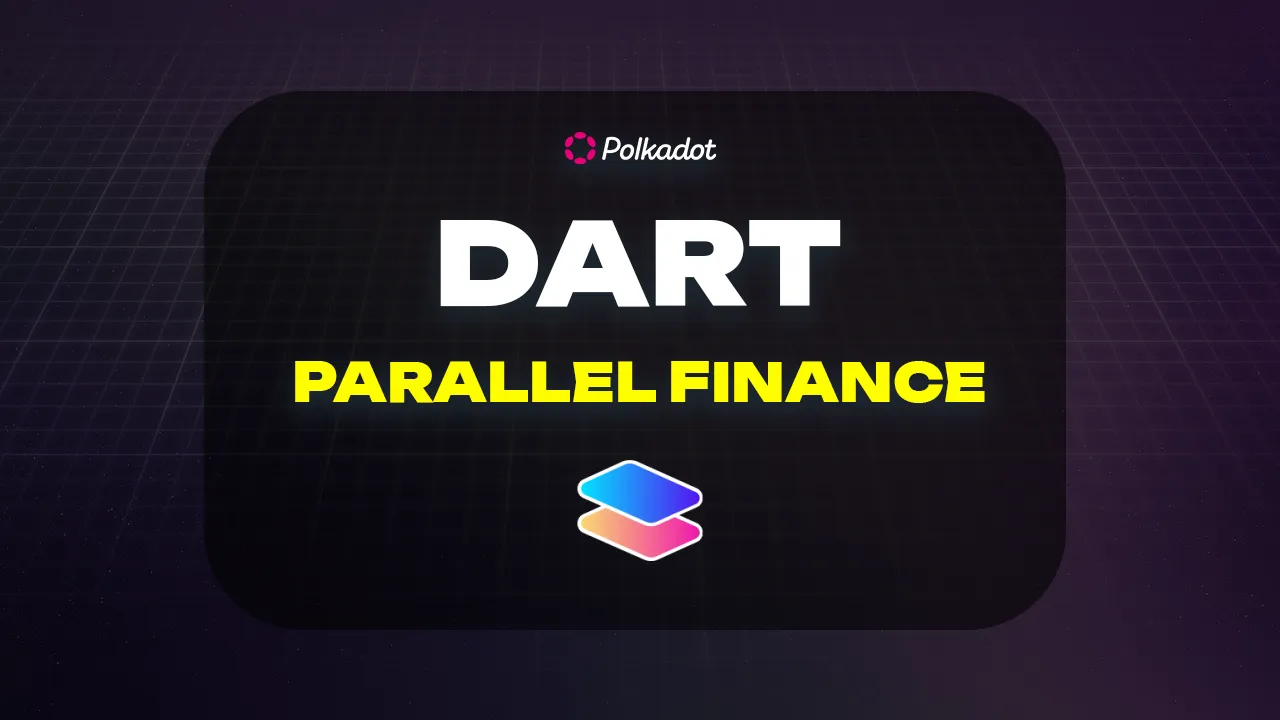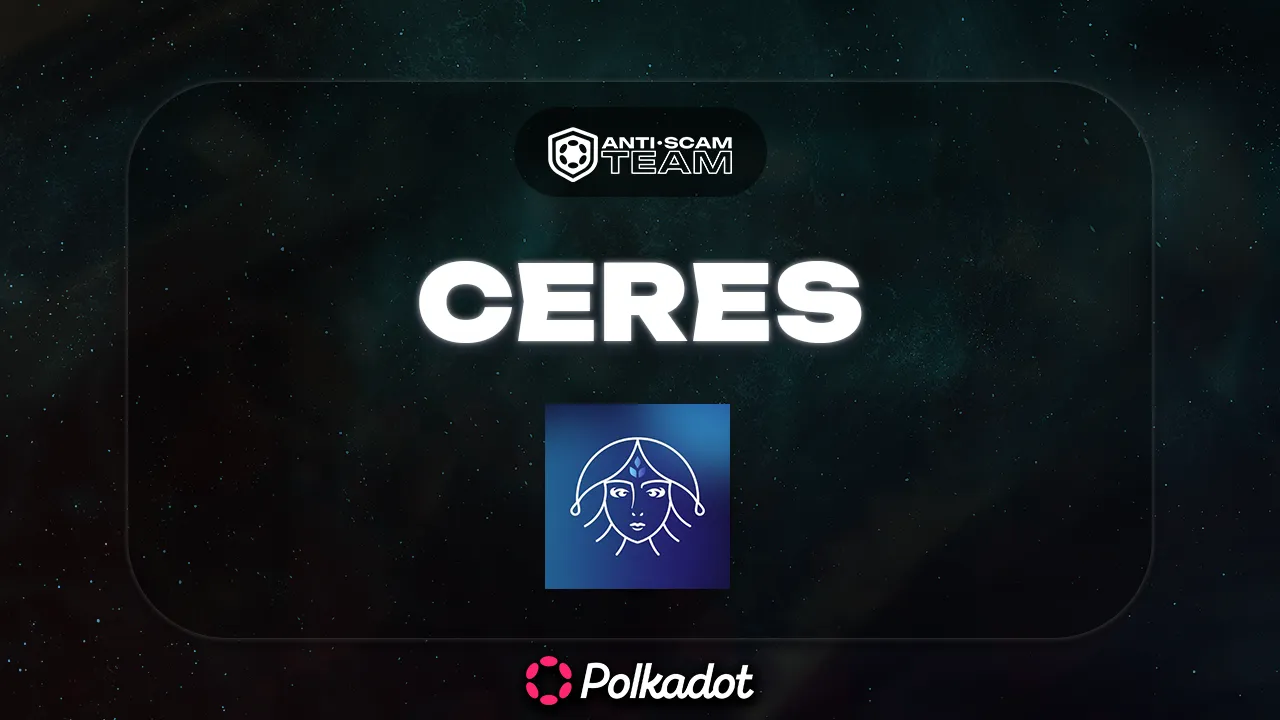Parallel Finance is a decentralized finance (DeFi) application built on the Polkadot network. It offers a range of financial services including lending, borrowing, staking, and trading across multiple chains. This case study examines the project’s risk factors, team composition, code quality, community engagement, and business model to provide an objective assessment.
Download the full document of Parallel Finance: A Case Study – DART #2.
Parallel Finance Project Overview
Parallel Finance operates on the Polkadot ecosystem and is noted for being the first decentralized protocol for lending, borrowing, and staking on this platform. The project aims to enhance capital efficiency and scalability for its users by providing a comprehensive suite of DeFi services.
Parallel Finance Team Composition
The team is led by Yubo Ruan, a software entrepreneur and venture capitalist with a notable background, including founding 8 Decimal Capital and co-founding Skylight Investment. Other key team members include Abraham Gomez, CJ, Jia Zhou, Hanquan Ren, and additional developers and advisors. While the team has a strong foundation in blockchain development and growth strategy, there is limited publicly available information on several members and advisors, raising transparency concerns.
GitHub & Code Quality
Parallel Finance’s GitHub activity is assessed as moderate. The project maintains 71 repositories with good documentation and follows accepted software development practices. However, it falls short in terms of frequent updates, community engagement, and collaboration, which are essential for achieving high GitHub activity standards.
Social Media & Community
Parallel Finance has a significant presence on X app (formerly Twitter), Telegram, and Discord, with a large following across these platforms. Despite this, there are concerns about slow response times from the team and scam reports, particularly on Discord. The decision to host crowdloan activities on their website instead of using the Polkadot JS extension has raised questions about potential security and trust issues.
Business Model
The project’s financial planning includes features like gas fee sponsorship and a WebAssembly execution environment, indicating a proactive approach to balancing user needs with security. However, the business model could benefit from more detailed insights into revenue generation strategies and long-term sustainability plans. Overall, Parallel Finance shows potential for growth and profitability within the blockchain ecosystem.
Conclusion
Parallel Finance offers a comprehensive DeFi suite with strong leadership and a robust business model. However, there are areas for improvement, particularly in team transparency, GitHub activity, and community management. The project’s overall risk is categorized as moderate. Potential investors and users are advised to monitor developments closely and conduct thorough research before making decisions.
Summary
- Project Category: DeFi application on Polkadot.
- Key Services: Lending, borrowing, staking, and trading.
- Leadership: Led by Yubo Ruan, with a diverse team and advisors.
- GitHub Activity: Moderate, with good documentation but limited community engagement.
- Community: Significant following on social media, with some concerns about scam reports and slow responses.
- Business Model: Sound financial planning, with potential for growth and profitability.




